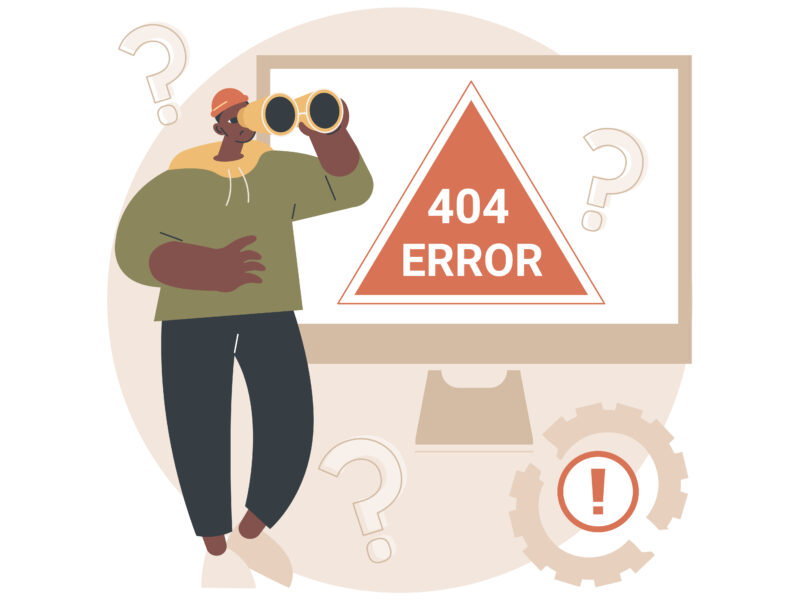The Great Ways to Understand the Strategy Behind Content Marketing Analytics
Content marketing is not a fixed science. It is simply not absolute. After all, people’s interaction with content changes constantly.
Content makes the basic foundation of digital marketing. Still, it will take a lot of work to directly identify a content marketing strategy’s impact on the overall digital marketing programme.
In this context, content marketing is one area that demands special attention.
In this article, we shall have a deep analysis of what exactly content marketing analytics is, some beneficial ways to learn the strategy behind great content marketing analytics and the best tools for tracking content marketing analytics for your brand.
What is the Definition of Content Marketing Analytics?
Content marketing strategy is the framework of tracking and reporting key content metrics that influence your content and digital strategies.
It improves the measuring abilities of your content and helps you understand its effects on meeting different marketing goals and accomplishing desired outcomes.
But to speak specifically, content marketing analytics are the key performance indicators or KPIs which regularize the movement of your content and ensure if you are reaching your target goals or not.
Content marketing analytics helps your organization answer essential questions about your content strategy, such as :
- How can we know if our audiences are interacting correctly with our content?
- Who reads out content?
- What kinds of content should we produce for the best results?
- How often do people bounce from our blog or website pages?
- Which messages are getting the strongest vibe matched with our audience?
- How can we sort out the best days and times for publishing new content?
- How much of our content is being read, and how much of it is being avoided?
- How can we tell if our content strategy is driving conversations and bringing in more leads?
- How can we identify gaps in our content marketing strategies?
The Advantages of Content Marketing Analytics
Content marketing analytics drives the decisions you take to improve your content marketing strategy.
You must understand the largest impact that your content strategy has on your end goals; you will simply get to understand what areas you must improve or be able to search for gaps in your programme.
Improved content marketing tactics will have many advantages for your business, such as :
- Improved brand awareness.
- Audiences that stick around.
- There will be higher SERP rankings and SEO performance.
- Outstanding performance across your content mediums.
- More industry authority and reliability as a thought leader.
- Lead generation and conversion funnels are improved.
- Brand advocates and loyal return customers.
While content has become a well-rounded digital marketing program, it offers the foundation of your planning and plays an important role in other initiatives like advertising and SEO.
When you will be able to learn more about your entire digital marketing program, you can have additional benefits for your brand, such as :
- Using data visualization to see across your organization.
- A complete understanding of your customer behavior and habits across channels.
- Personalizing experiences for your customers with better customer journeys.
- Engagement methodologies for real-time interactions with customers.
- Becoming more efficient in making proactive decisions.
- Better sales, advertising, and social media strategies.
Best Content Marketing Analytics Tools
Now that you have got an in-depth idea about what your content marketing analytics can bring to your organization, let’s take a look at some of the different tools that help you get the most out of your data and metrics.
HubSpot
- One of the best options for content marketing analytics.
- It has a user-friendly dashboard that pulls real-time data and insights into customized reports.
- Triggers touchpoints, tracks custom interactions and monitors customer behavior.
Google Analytics
- Ables you to integrate your content analytics with all other aspects of Google business tools.
- It helps you organize all your data in a single location.
- Compare your content marketing performance with the other parts of your business.
SEMrush
- A great tool for tracking your SEO and keyword performance.
- It allows you to monitor brand mentions, and gives you cross-channel tools to look at your content strategy.
Databox
- Combines key aspects of your overall digital marketing program into a single tool.
- Provides real-time reporting and organizes data from across your business in one tool.
Plecto
- Measures your goals and target outcomes.
- Gives you dashboards and different visualization tools.
- Creates custom reports and tracks your employee’s engagement with internal reports.
Grow.com
- A business intelligence platform to help you import and transform your business data into a single report dashboard.
- Organizes many different data points and specifies ideal metrics for your goals and outcomes.
Quintly
- Tracks your content performance on your social media platforms.
- Uses customizable metrics and analyzes social media marketing strategies.
Buffer
- Creates customized reports with the predetermined KPIs.
- It allows you to build reports based on your specific goals and customizes your metrics.
Ways to Use Content Marketing Analytics
- Use bounce rate to see which pages are having the highest engagement and identify the common themes. The average bounce rate for e-commerce websites is 47%. If your pages are above that average, you may consider those ‘high bounce rates’. You can actually use your high bounce rates.
- Apply content marketing analytics to measure your content gaps and create new content.
- Research on what terms your top page ranks for and generate content for related terms. With organic search driving 53.3% of content consumption, it’s a high time to take control over targeted keywords.
- Compare engagement across platforms to determine mobile friendliness and implement changes.
- Implicate audience data to find high traffic and high bounce groups to recognize issues and improve experience. Reasons behind this include identifying your page ranking for an unrelated topic, your page ranking for a closely related topic and your page containing outdated or incorrect information.
- Utilize a visual conversation funnel to recognize arenas of fall-off and increase conversations. A conversation funnel means a visual representation of the stages of a user’s journey through your website.
- The purpose of organizing a marketing campaign is to attract new customers. As you create more campaigns, you must use the outcomes of past campaigns to guide your strategy better. You must measure the performance of your marketing campaign to sort out your wins, losses and opportunities.
- Apply heat maps to understand how visitors use your website so that you can improve flow and user experience. A heat map is defined as a visual representation of where users click on your webpage and offers insight into how far users scroll, where they look, and where they hover their cursor.
- Understand the organic search metrics to create content marketing templates for your blog.
Some Frequently Asked Questions From Content Marketing Analytics
What are the popularly used KPIs for content marketing analytics ?
Ans : The KPIs mostly used for content marketing analytics are page views, revenue, and conversion rate.
What tools should one use for content marketing analytics?
Ans : Tools such as Buffer, SEMRush, and HubSpot are wonderful tools for tracking everything for content marketing analytics.
Is it expensive to track content marketing analytics ?
Ans : The majority of content marketing analytics can be measured through free tools like Google Analytics. However, more advanced analytics tracking may require paid services and tools.
Final Thoughts
Your content strategy should be constantly changing.
Analytics can be highly overwhelming, but they can provide you with invaluable data you may not get from seeing the surface-level results of your campaigns. These strategies will help you to improve your overall performance.
If you looking best content writing agency in india.One stop content solution best content service in gujarat.




